Special sale
In May and June, ripe lychees cover the hilly gardens in Hai Duong, Bac Giang, etc. Farmers are busy harvesting. Ripe lychees are loaded onto carts and taken to the market one after another. Buying and selling activities are bustling. From here, lychees are transported by trucks and containers across the country to market alleys and supermarket shelves; lychees are also loaded onto planes and ships to many countries and territories around the world.
Just like that, in recent years, lychees have become famous worldwide, without having to trade on a trip. Lychee growers in Bac Giang and Hai Duong regularly earn nearly ten thousand billion VND each year, and at the same time escape the situation of "good harvest, low price", or the refrain of "rescue".
Along with growing lychees to sell, farmers in lychee capitals have begun a new "race" to increase value.
Leading visitors into the red-ripe lychee garden surrounded by a poetic river in the Dong Man eco-tourism sub-area, Thanh Khe commune (Thanh Ha, Hai Duong), holding a bunch of lychee in her hand to invite visitors, Ms. Pham Thi Liem smiled and told the story of creating this delicious, sweet fruit, filled with the sincerity of the farmers here.
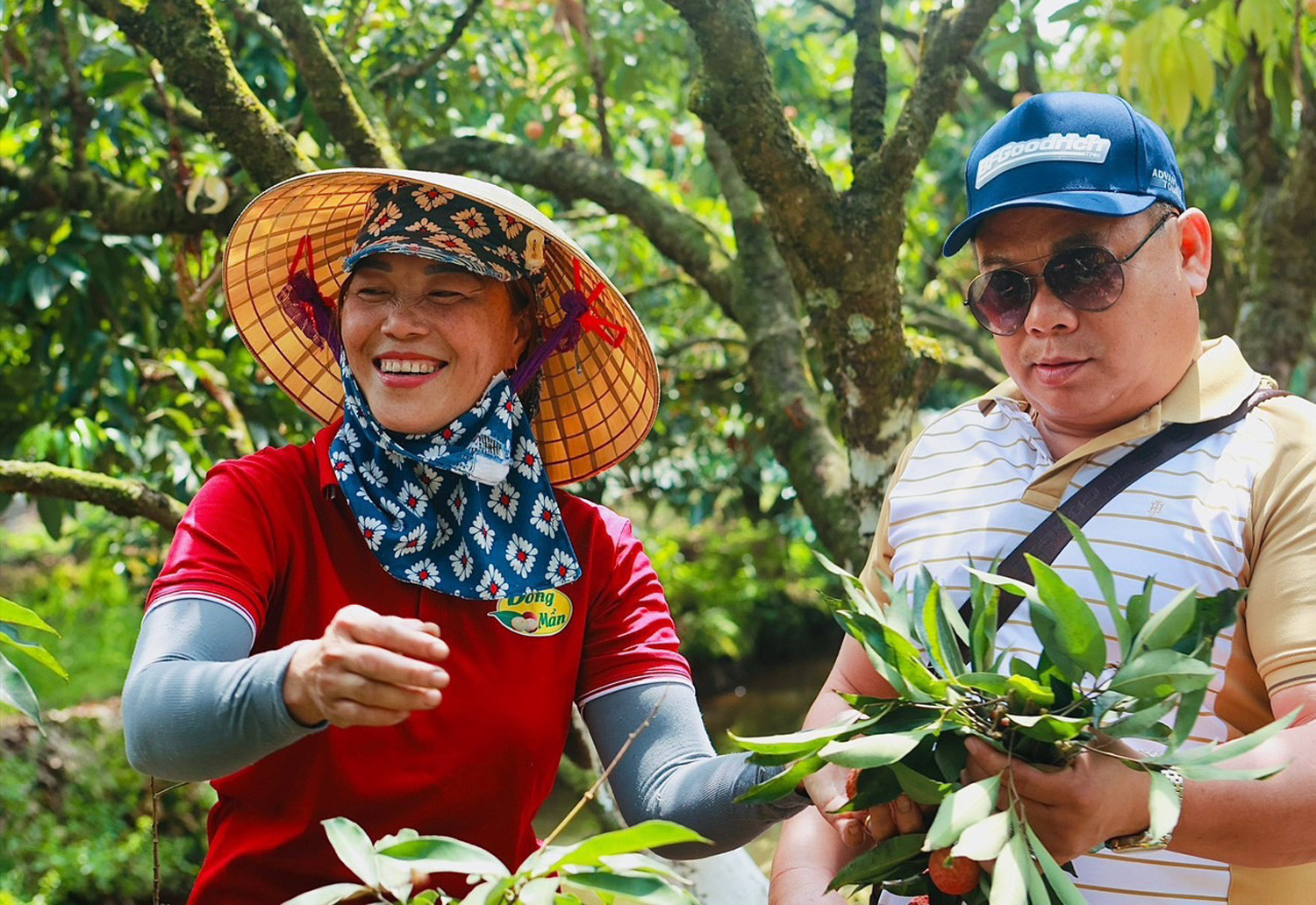
This is the second year Ms. Liem has opened her garden to welcome tourists to visit and experience picking fresh lychees in her garden.
Visitors to the garden can take a boat ride on the winding river, watching the lychee trees with bright red ripe fruit. When the boat docks, they weave their way under the cool green canopy, pick bunches of ripe lychee by hand and enjoy the sweet aroma of this specialty fruit.
Only 30,000 VND for a photo ticket, 50,000 VND for a tourist ticket to experience picking lychees and eating them in the garden. Last year's lychee season, she welcomed 6,000-7,000 domestic and international tourists. Every visitor bought 5-20kg of ripe lychees when they left, so she no longer had to bring her goods to the market to sell like before.
"Since the beginning of June, my lychee garden has welcomed hundreds of tourists every day. On weekends, the number of tourists flocking here is up to 400-500 people," she said.
In the lychee capital of Bac Giang, old farmer Tran Van Hanh in Chao village (Giap Son, Luc Ngan) is also one of the pioneers in building a lychee garden tourism model.
In mid-March, when the lychee flowers are in full bloom, the garden officially opens to visitors. Mr. Hanh cooperates with a travel agency to welcome groups of visitors to the garden every day to visit, take photos, and camp. He himself, or a tour guide, tells in detail the process of planting and caring for the garden over the past 30 years to produce the highest quality lychees.
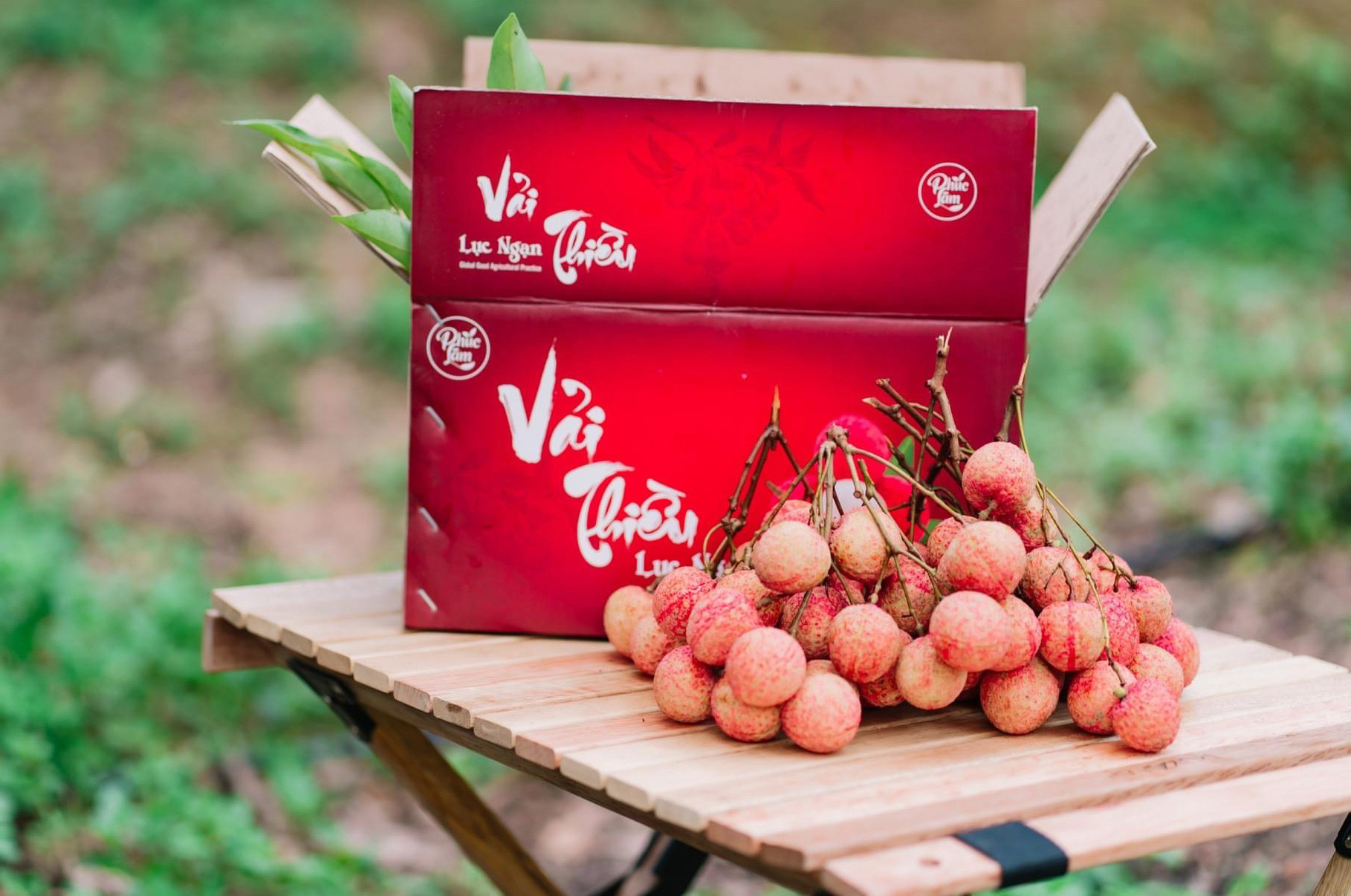
Up to now, his garden has welcomed about 4,000 visitors, with an entrance fee of 100,000 VND/person. Visitors can experience eating lychee and buying lychee in the garden.
What made him even happier was that some tourists even ordered whole lychee trees for 10-10.5 million VND/tree.
"They buy because they appreciate the process of farmers growing lychees and want to pick and eat the ripe fruit themselves," he said. In the garden, under the tree, there is a sign with the owner's name. When the fruit is ripe, they can go to the garden to pick the lychees themselves, or he will pick them and pack them in boxes and send them to the requested address.
"I want to do multi-value agriculture, not just growing lychees to sell the fruit but also selling the story on the lychee hill. I am experimenting with growing a special quality lychee variety, targeting the high-end segment," Mr. Hanh revealed.
In addition to selling by weight, many gardeners also produce high-quality lychees, packaged in boxes with luxurious branded packaging, with clear geographical indications to put into the gift segment.
For example, Phu Cu lychee brand (Hung Yen) has a selling price of up to 180,000-200,000 VND/kg, a 5kg box costs 880,000-920,000 VND and is still "sold out".
Touching consumer emotions
Talking about the story of agricultural product consumption, Minister of Agriculture and Rural Development Le Minh Hoan mentioned many times that the consumption trend has changed. People now not only need to eat well but also need to eat well. They not only buy to eat but also buy as gifts, so they prefer quality products with stories, cultural and historical elements...
Therefore, if mango farmers in Dong Thap only know how to sell mangoes, they will not be rich. Similarly, durian growers in the Central Highlands cannot become rich if they do not know how to sell their image and reputation. Farmers today do not only sell mangoes or durians, but also sell their reputation and image, he emphasized.
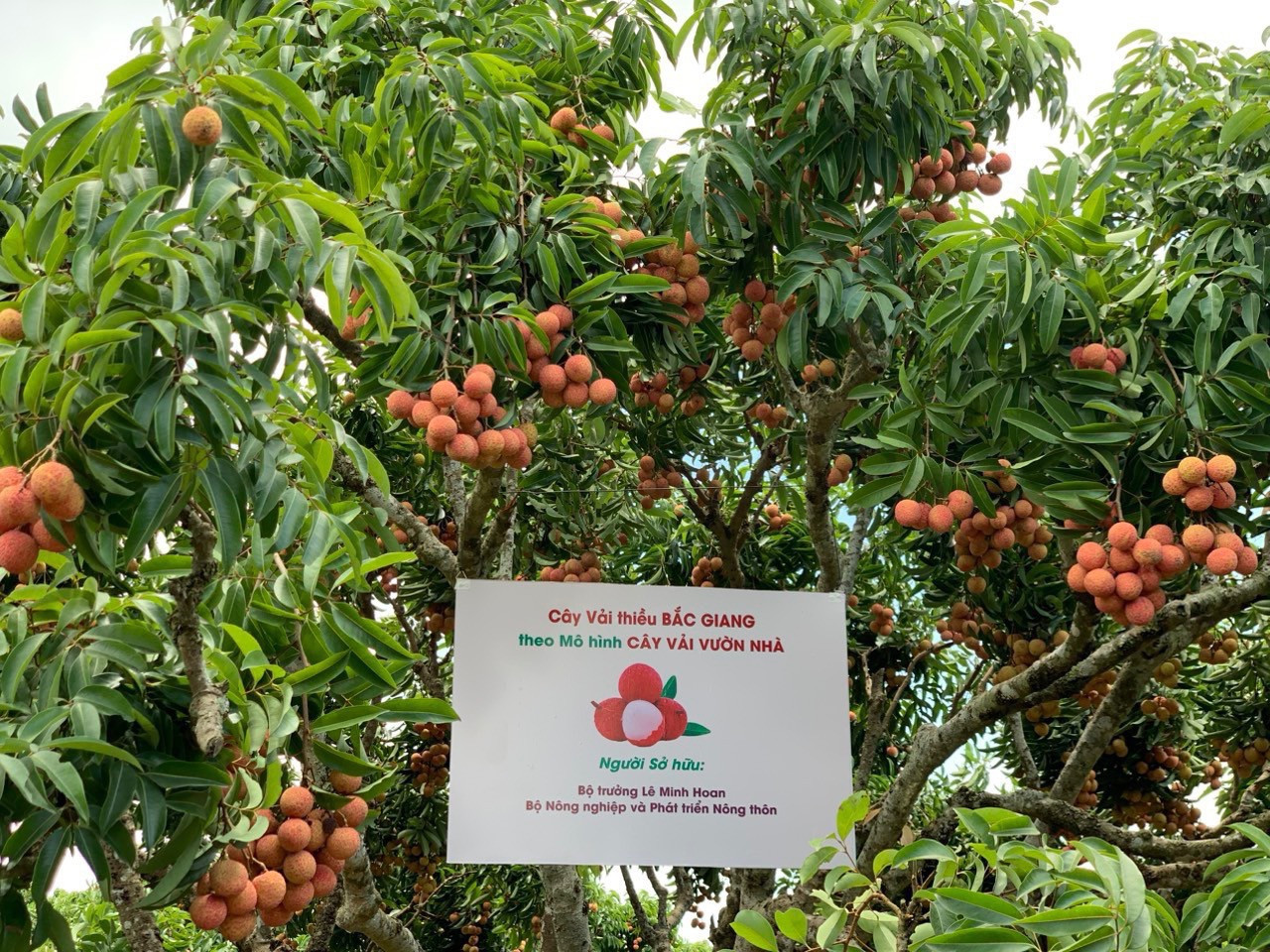
Early this June, when visiting the eco-tourism lychee garden model in Giap Son commune (Luc Ngan), Minister Le Minh Hoan expressed his feelings: "Too wonderful!". He ordered a whole lychee tree from Mr. Nguyen Van Son's family garden in Quy Son commune (Luc Ngan) because he was so impressed with the "Lychee tree in home garden" model.
According to Minister Hoan, the eco-tourism lychee garden model is a very effective channel for consuming agricultural products on the spot. This is also a very special channel for consumption as visitors can directly experience and feel the quality of each lychee, and feel the high responsibility of the farmers.
He emphasized that this is the path of shifting from agricultural production thinking to agricultural economic thinking, which is simply creating more and higher value, by taking a multi-objective approach to receive multiple values. Agri-tourism is an interesting suggestion.
According to the Minister, the first level is the commodity economy, production and simple trading. The next level is concerned with commercialization, with services, to create added value. The highest level of the value ladder is the experience economy, bringing uniqueness and difference, by "touching" the emotions of customers and consumers in a natural and intimate way.
From the tours of the lychee gardens, new values, the values of ecology and nature will spread. From Giap Son, then the whole Luc Ngan region and covering all of Bac Giang, Hai Duong. From the lychee gardens, there will be a positive effect spreading to the fruit gardens and other agricultural products. To be like the lychee gardeners, farmers in many places can reach the highest value of agricultural products.
Source


![[Photo] Prime Minister Pham Minh Chinh receives delegation from the US-China Economic and Security Review Commission of the US Congress](https://vphoto.vietnam.vn/thumb/1200x675/vietnam/resource/IMAGE/2025/5/7/ff6eff0ccbbd4b1796724cb05110feb0)
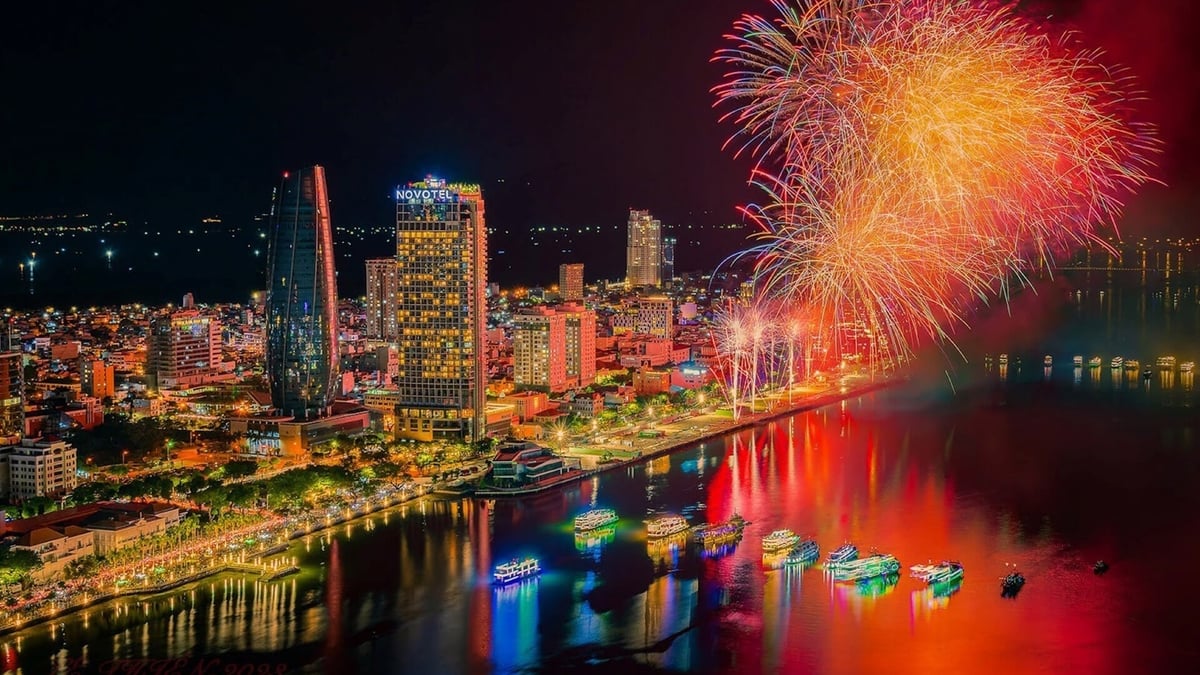
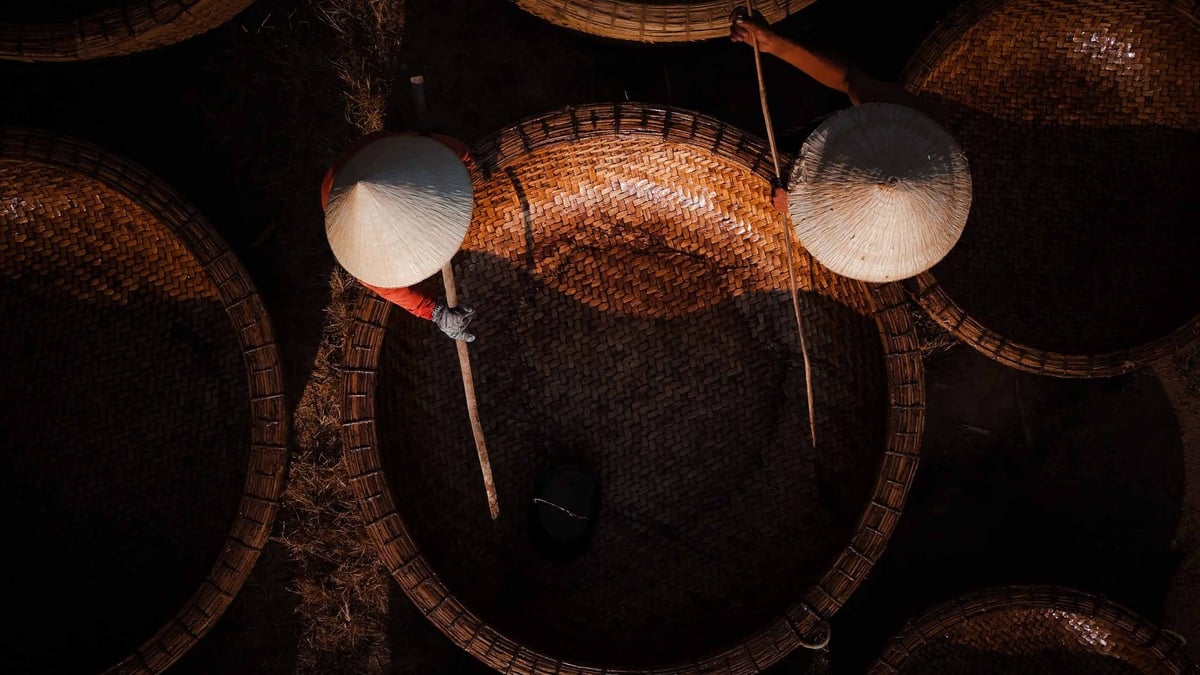

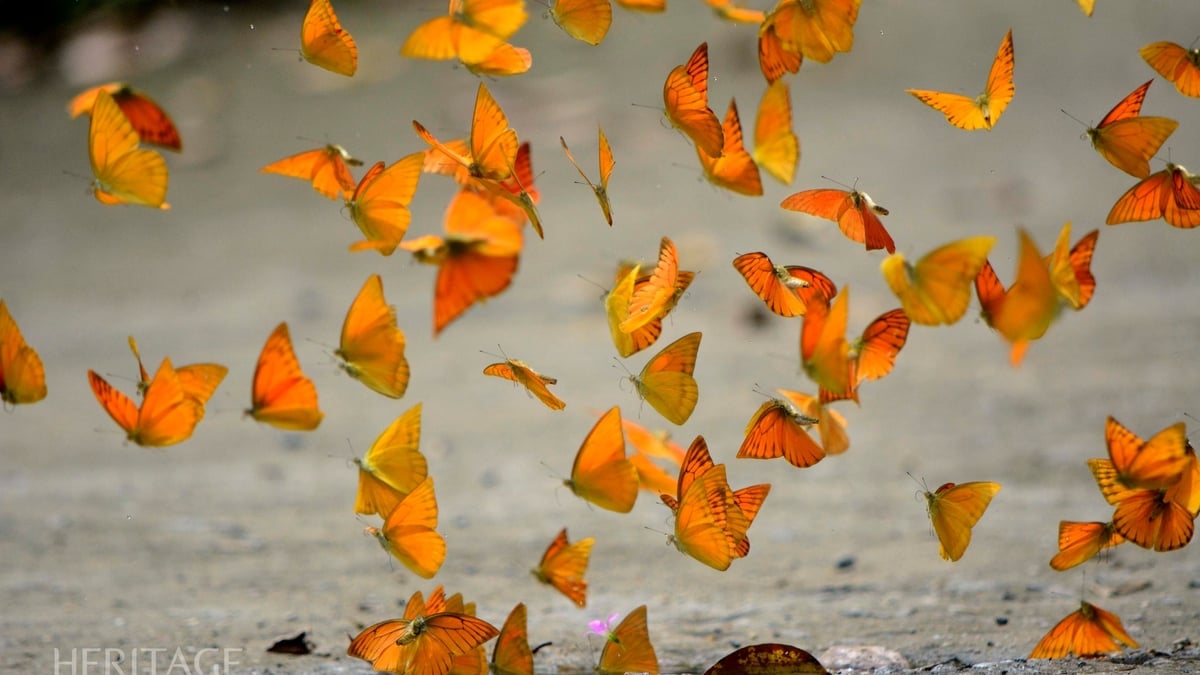
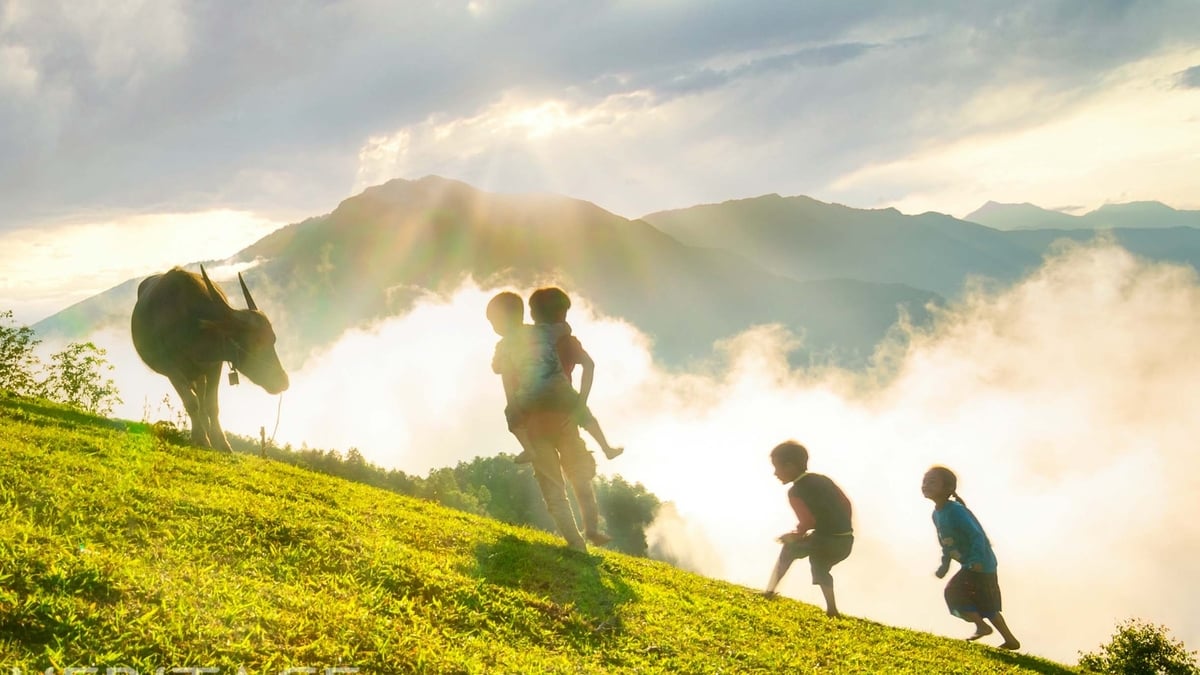



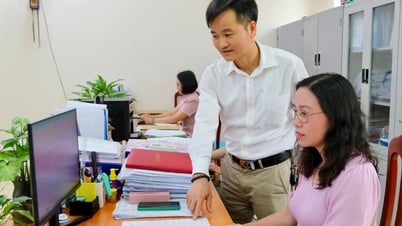

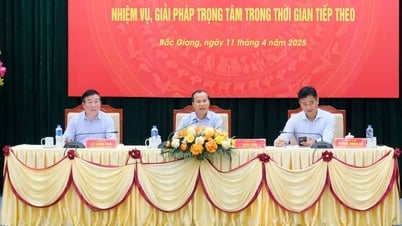


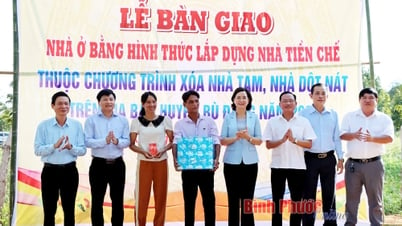

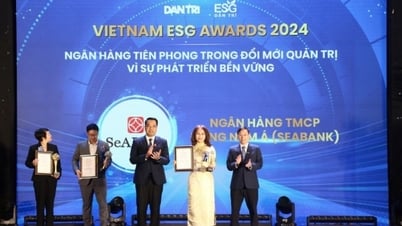


![[Infographic] Import and export of goods in April increased by 21.3% over the same period](https://vphoto.vietnam.vn/thumb/402x226/vietnam/resource/IMAGE/2025/5/8/e47b4aa8acd3418a91fe426dc0e89a72)
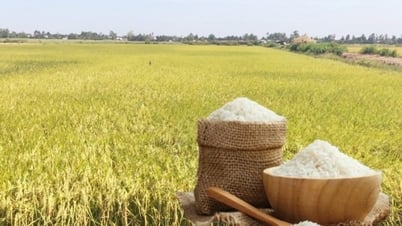
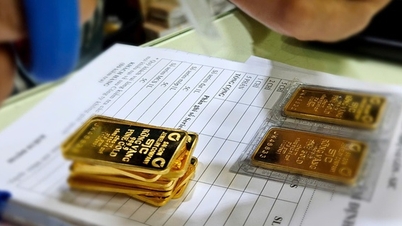










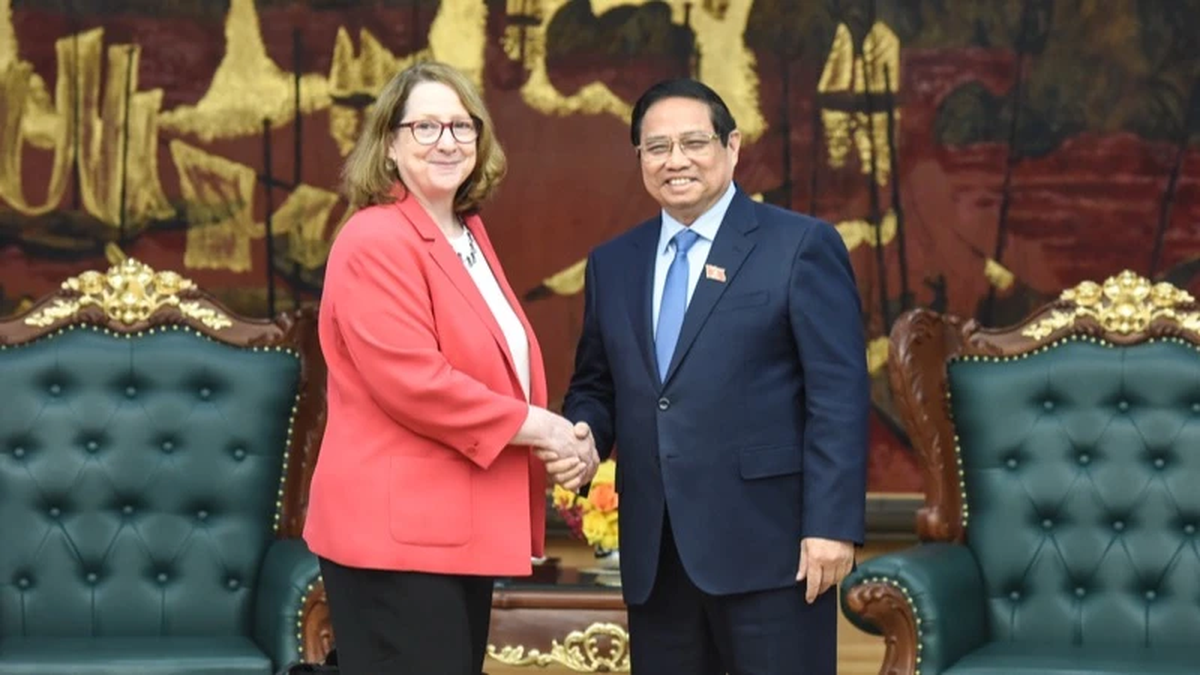


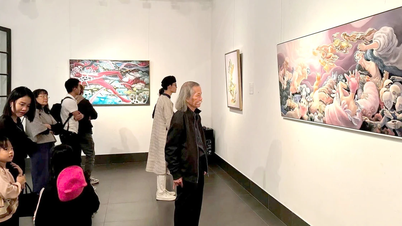





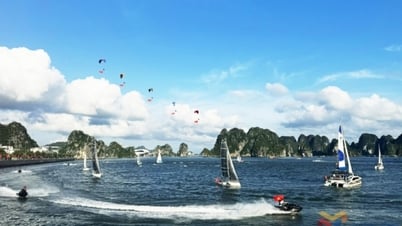

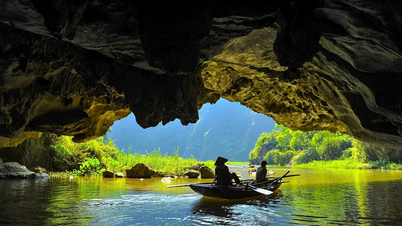





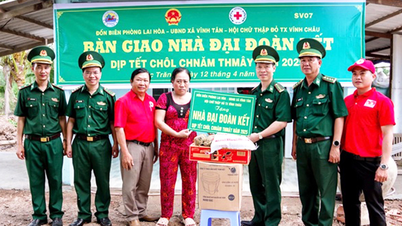




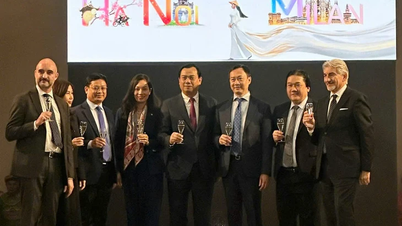

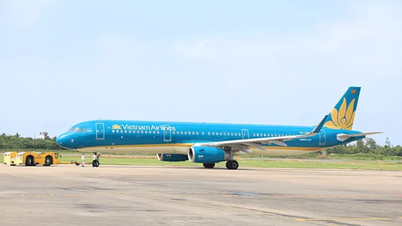


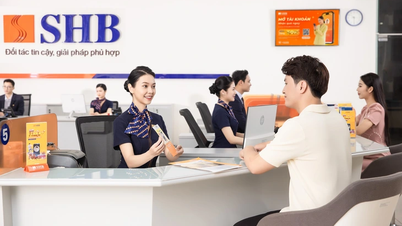
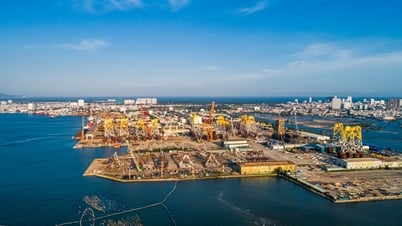






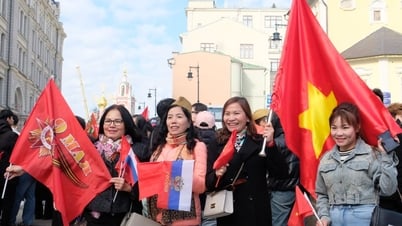


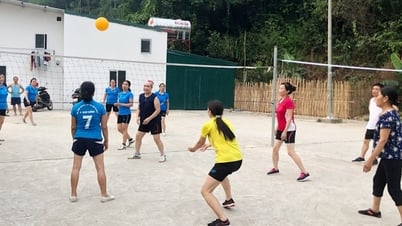
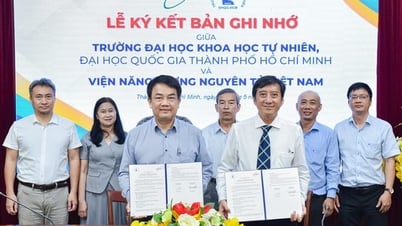

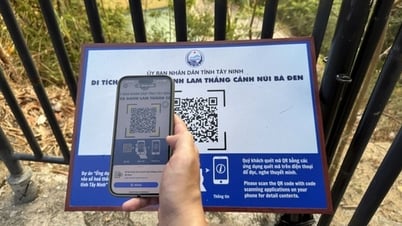
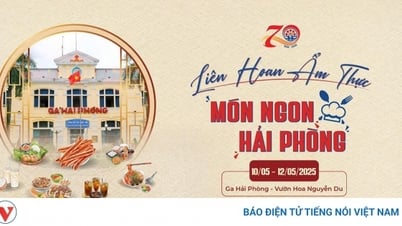

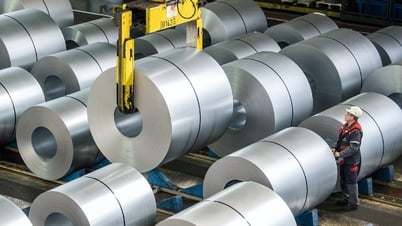

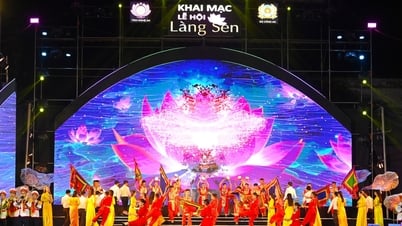

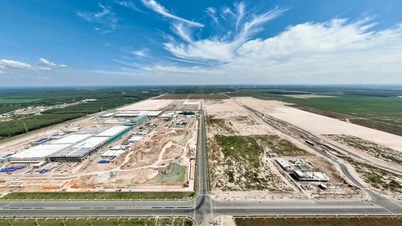

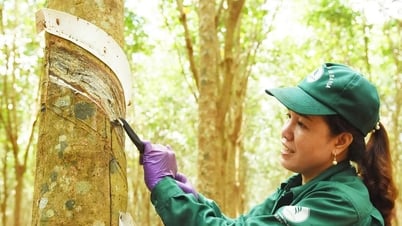

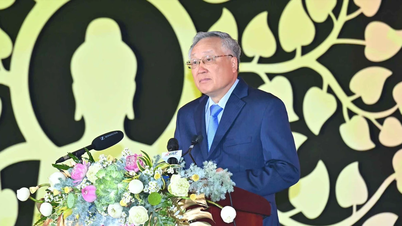




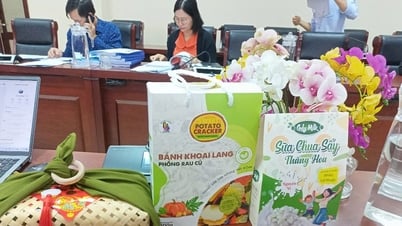





Comment (0)